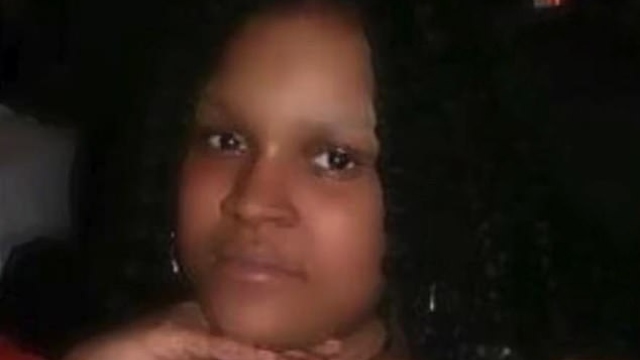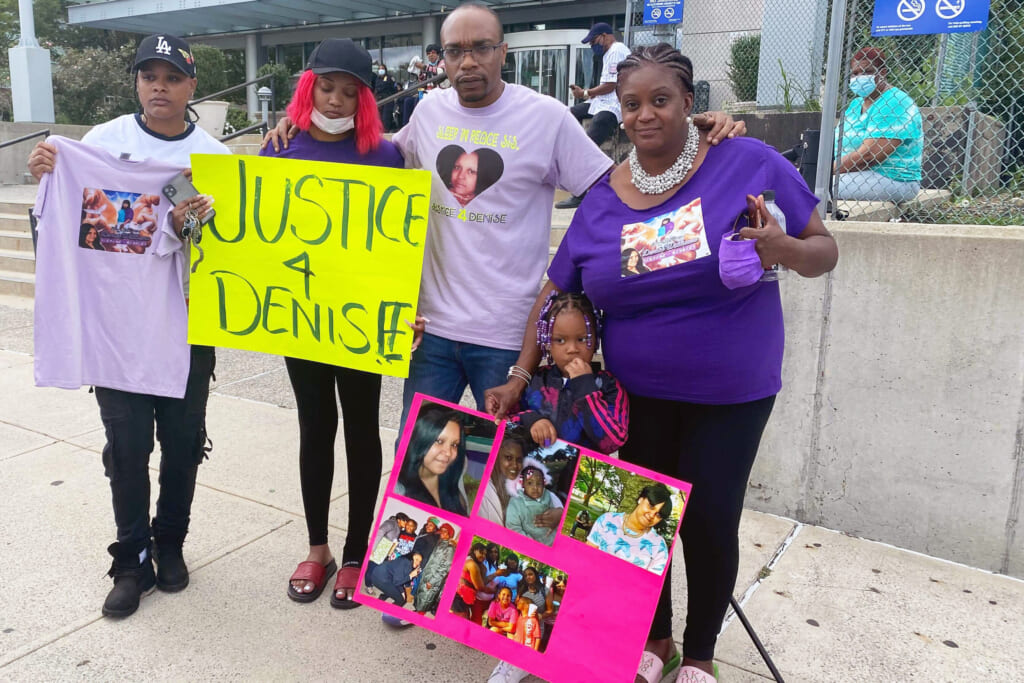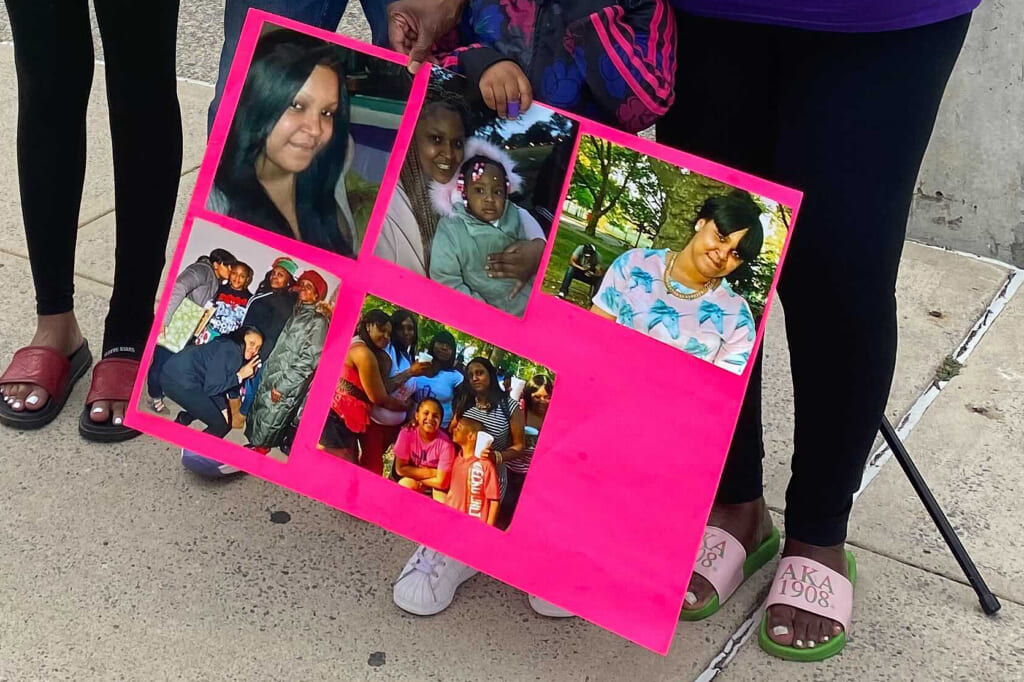Young Black mother dies after seeking postpartum help at NY hospital
Denise Williams, 29, died during treatment for postpartum depression at a Queens Hospital. Now her family is demanding answers.
Denise Williams, a 29-year-old Black mother of two, went to Queens Hospital Center in August seeking treatment for postpartum depression. Just 48 hours later, Williams’ family learned she had died — but why still isn’t clear. Family, friends, and advocates demanded answers Tuesday from the city-run hospital, where more than a dozen people gathered to call attention to the case.

“We don’t want condolences, we want answers,” said Charlene Magee, Williams’ maternal aunt. “It’s been three weeks, and [my sister] has no idea what happened to her child.”
Two days after Williams checked into Queens Hospital, a hospital staffer called Williams’ mother, Linda Magee, on Aug. 30 to say an autopsy was going to be performed on Williams, according to Charlene Magee. That marked the first communication from the hospital indicating that Williams had died, her family said. It took another half hour for another staff member to call Linda Magee to say that Williams was dead, said Charlene Magee. Nearly a month has passed, and the family says the hospital still hasn’t provided an official cause of death. Williams left behind two young daughters, an 8-week-old and a 3-year-old.
“NYC Health + Hospitals/Queens has expressed our deepest condolences to the family of the deceased,” the city public hospitals corporation said in a statement. “We are committed to quality, equitable and safe care for every patient and will continue to work with the family as appropriate.”

‘Where is the Justice?’
Protesters also spoke about the larger issue of Black maternal mortality, postpartum depression, and the unequal treatment of Black women in health care. In New York City, Black women are eight times more likely to die from pregnancy-related complications than their white counterparts.
Black women in New York are also more likely to suffer from postpartum depression, and studies have shown that on average women of color are less likely to receive treatment for disorders like PPD.
Brian McIntyre, whose partner, Amber Rose Isaac, died after giving birth via emergency C-section at Montefiore Medical Center in The Bronx last year, attended Tuesday’s protest and spoke out in solidarity with Williams’ family.
“We are facing a public health crisis,” he said. “Where is the accountability? Where is the justice?”
Assembly members Ron Kim and Jessica Gonzalez-Rojas also lent their voices to the protest.
“Our health system is racist and has specifically harmed Black women,” said Gonzalez-Rojas (D-Queens). She then led the crowd in a “say her name” call and response chant, often used by activists to highlight the death of Black women.

“We are facing a public health crisis,” he said. “Where is the accountability? Where is the justice?”
Assembly members Ron Kim and Jessica Gonzalez-Rojas also lent their voices to the protest.
“Our health system is racist and has specifically harmed Black women,” said Gonzalez-Rojas (D-Queens). She then led the crowd in a “say her name” call and response chant, often used by activists to highlight the death of Black women.
A Family’s Vow
Katy Cecen, a midwife and former natal intensive care unit nurse, said that lack of adequate funding to public facilities like Queens Hospital, which disproportionately treat Black patients, is a large part of the maternity health crisis.
According to Charlene Magee, Williams and her mother had requested that she go to another local hospital they felt was safer, but paramedics denied their request.

In New York City, studies have shown that the differences in where Black and white women give birth may account for 47% of the disparities in severe but non-fatal maternal outcomes. Charlene Magee said that she and the rest of Williams’ family won’t stop fighting for the families of Black women who have died in New York City hospitals.
“We don’t want Denise to be ignored,” Magee said. “We are going to be out here every day. You’re going to hear from our family.”
This story was originally published on The Fuller Project in partnership with THE CITY.
Have you subscribed to theGrio’s podcast “Dear Culture”? Download our newest episodes now!
TheGrio is now on Apple TV, Amazon Fire, and Roku. Download theGrio today!
